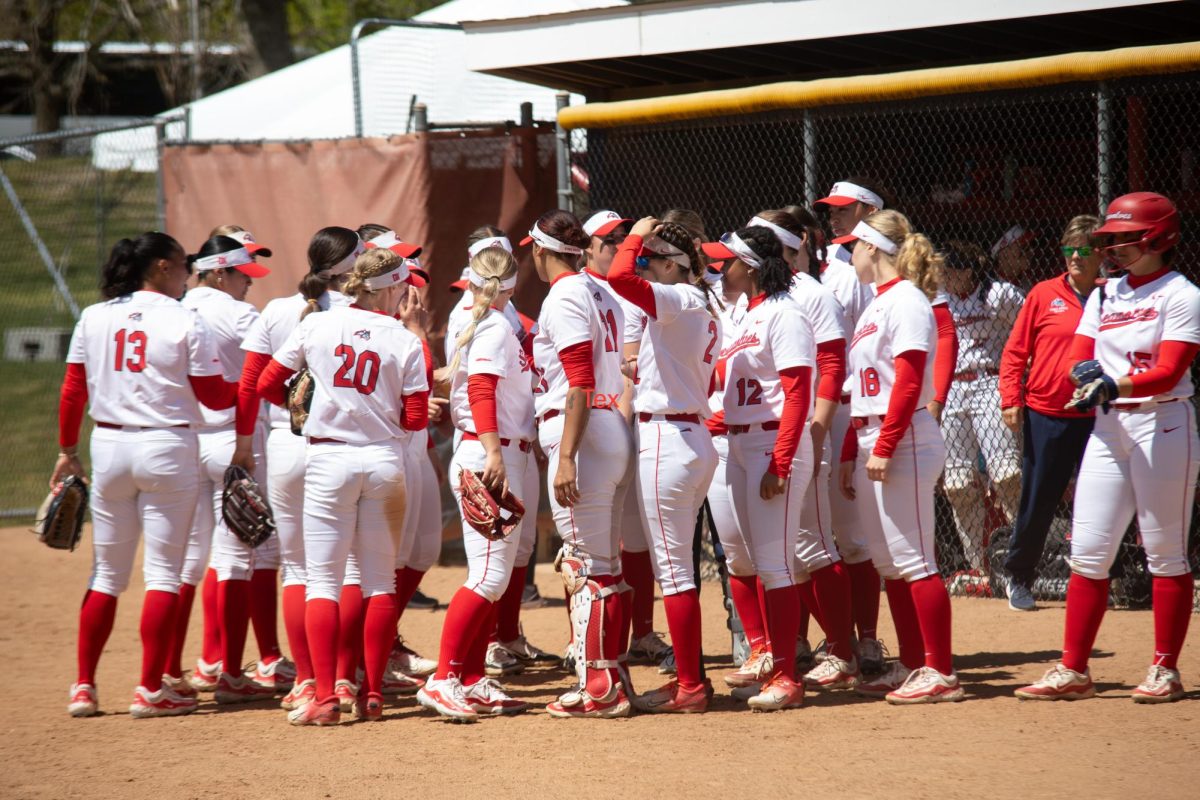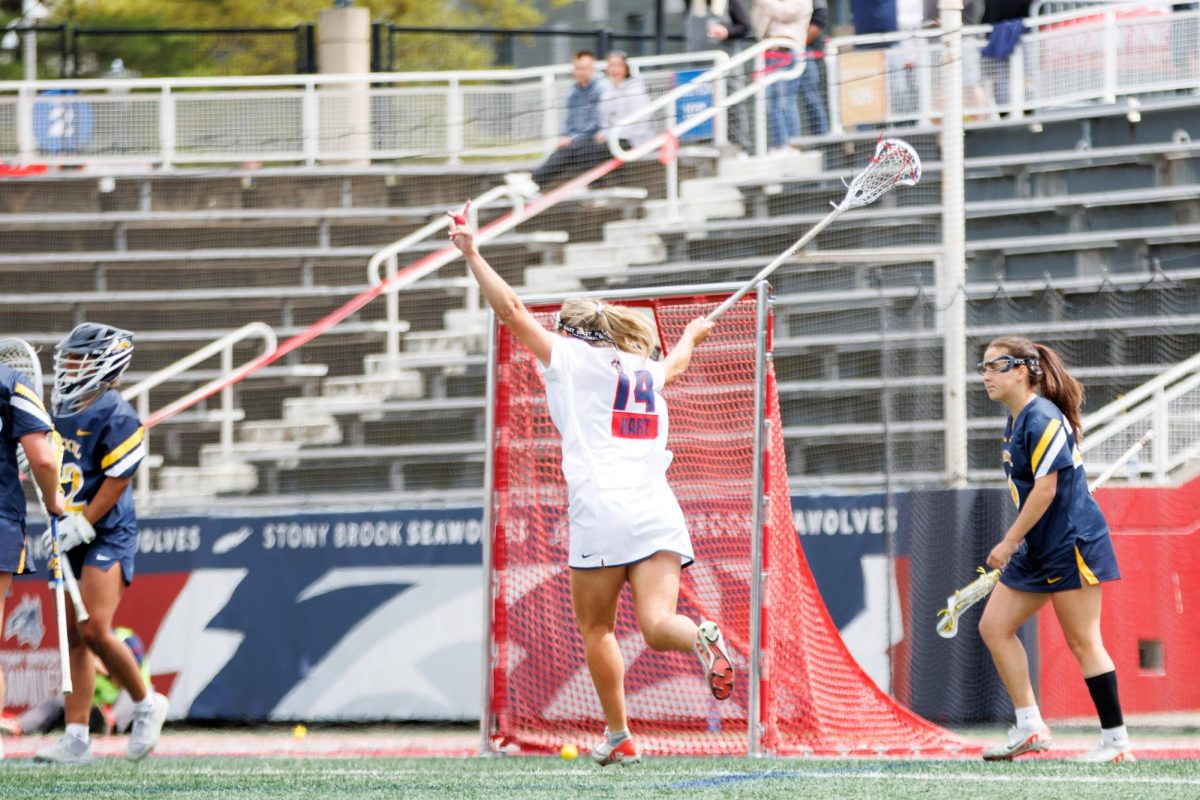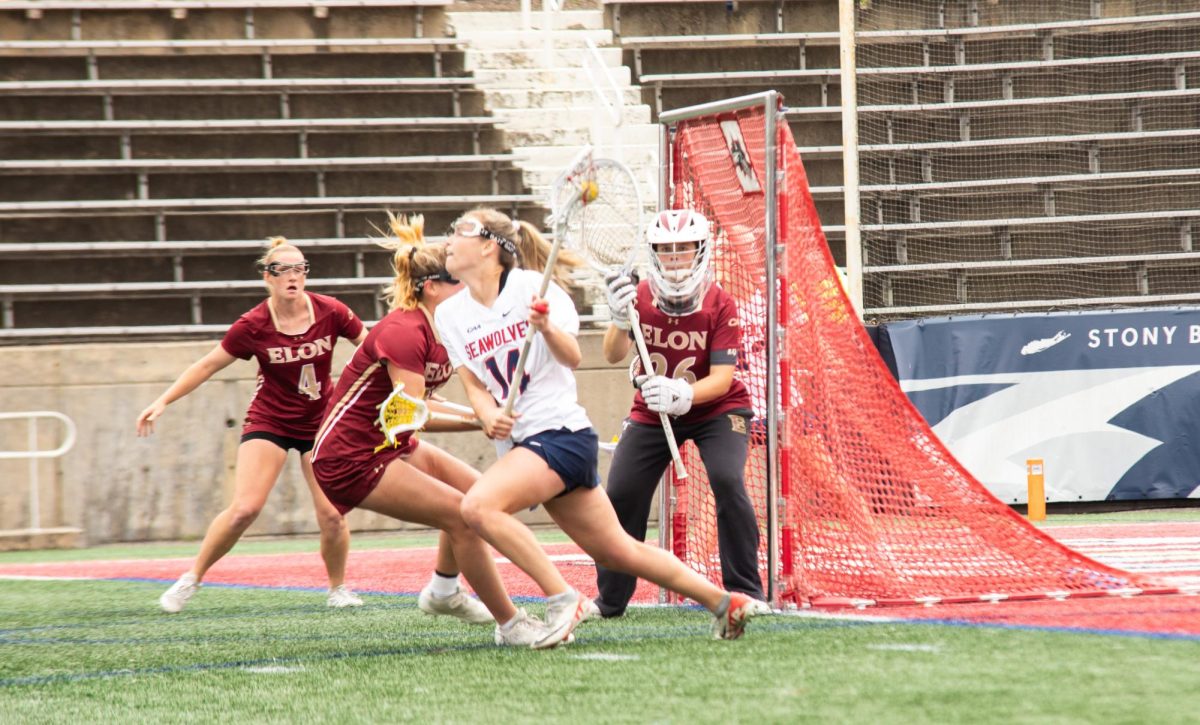The work of journalists is always scrutinized when sensitive matters are published. In recent weeks, both CNN and Fox News faced harsh backlash. There is a fine line between abiding by the public’s right to know and respecting the privacy of others. Journalists always have to ask the tough questions when it comes to publishing material that is emotional, graphic, and potentially disrespectful toward the privacy of others.
Last week, CNN published information found in the private journal of slain ambassador J. Christopher Stevens against the wishes of his family. The contents of the journal provided information about the rising violence and unrest in the Middle East. News anchor Anderson Cooper referenced the journal as an outside source on his show, Anderson Cooper 360, as an inside source to the inner thoughts of the former ambassador. The journal provided a glimpse into Stevens’ perspectives on issues such as the rising tide of Islamic extremism and the growing threat of Al-Qaeda in the Middle East. It was only after the segment aired that other news sources reported that CNN published the contents of the journal against the family’s wishes. The resulting backlash from the family and the State Department was countered by a strong statement from CNN that detailed the public’s right to know and questioned why the State Department was now “attacking the messenger.”
Journalists are emotional beings; after all, they are human. Their job requires them to detach their feelings from highly emotional situations to report objectively. What readers don’t see, however, is the process behind this detachment. In any case of sensitive material, everything is carefully considered before publication. To a journalist, the published material must tell the truth and inform. CNN firmly believed this and used this reasoning to justify that the public had a right to know about the issues brought up in the journal. Out of respect for the family, CNN refrained from publishing direct quotes.
Every time a journalist publishes a photo or an article or airs a story, he or she always reflects deeply on what publishing the piece will accomplish. If CNN had published the journal entries of Ambassador Stevens without asking this question first, it would have been wrong. The situation may have been tough, but CNN took all the appropriate measures to report on newsworthy material while maintaining Stevens’ privacy. The journalists on the field at the time believed the entries—as highly sensitive as they were—would shed light on the events that occurred and give viewers a more educated and informed view. The journal’s contents also brought up points that questioned actions prior to the events and warned the public. Though the decision to publish this information may have been difficult, CNN made the right choice.
Fox News found itself in a similar situation when a long car chase that one of its local affiliates was covering ended with the suspect committing suicide on live air. To prevent errors like this one, Fox News delays breaking news by five seconds so those monitoring the video can stop the airing in the case of an extreme situation. It was an unfortunate mistake that Fox immediately apologized for. In this case, the airing provided no real news to the public and ended in a display of graphic images that could have been avoided. But this incident also shows that even journalists make errors. In the chaos of covering breaking news and reporting the truth, mistakes are made.
We here at The Statesman are not exempt from making errors. As students, our editors struggle just as much—if not more—in discerning what constitutes the public’s right to know and discerning what is private. Dealing with the publication of sensitive issues is harder as student journalists; though this may be a job, it is not one any of us have held for a while. We can only look to our professors, mentors and fellow journalists for guidance. We must step back and be reflective in extreme situations. Like any major publication, we fact check and try our best to be objective with situations that are hard to handle. We are human; we struggle with our feelings just like everybody else. However, we have an obligation to report the truth. No matter the situation, reporting the facts must always come first.
– The Editors






